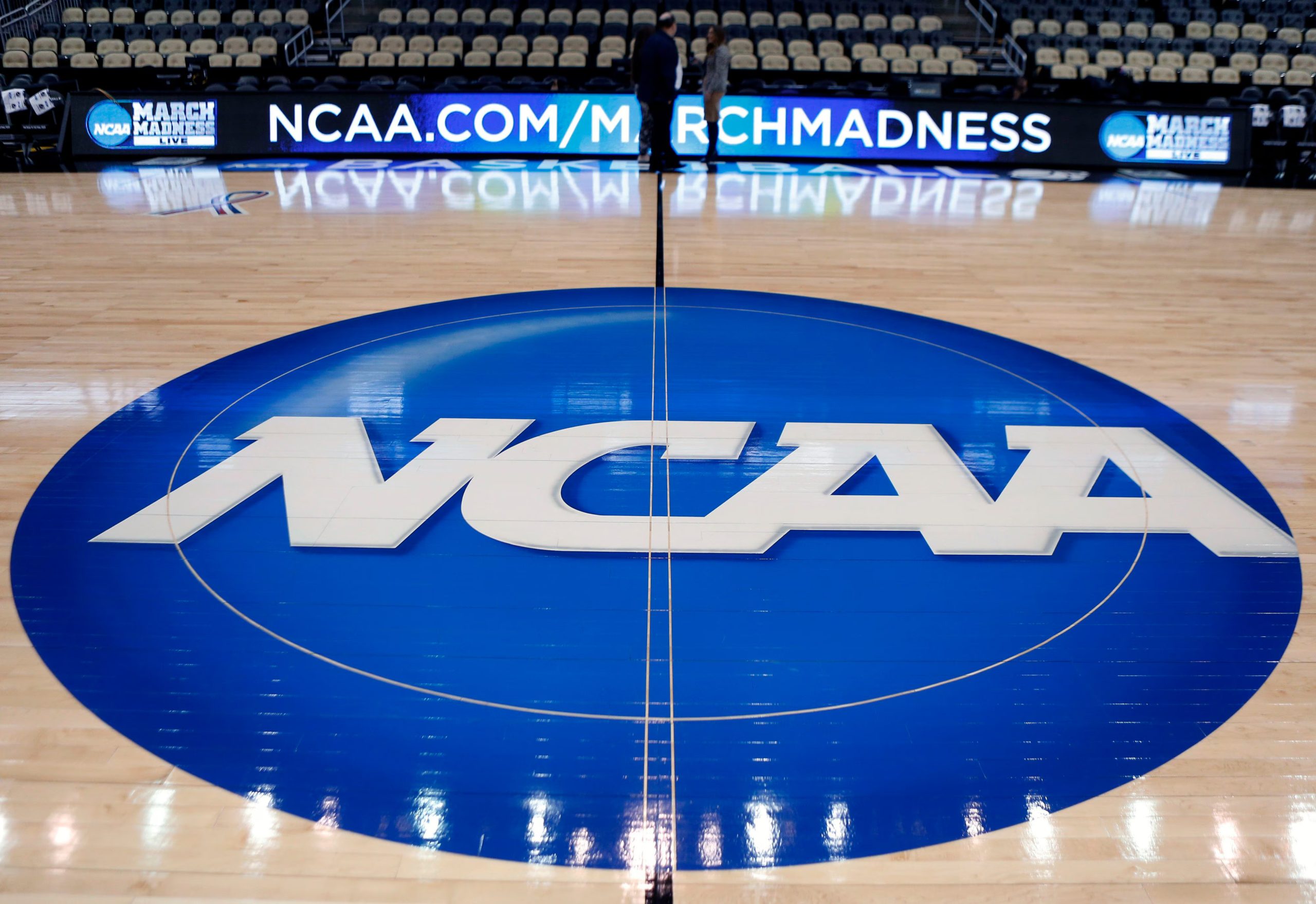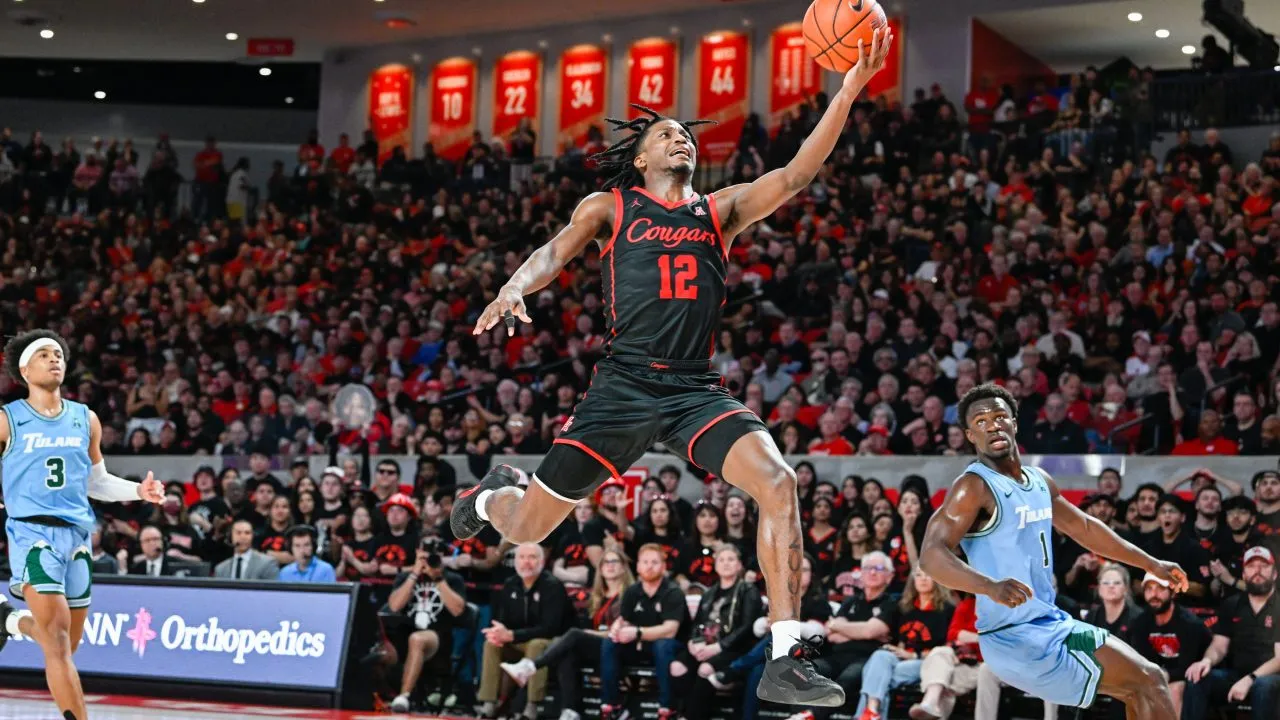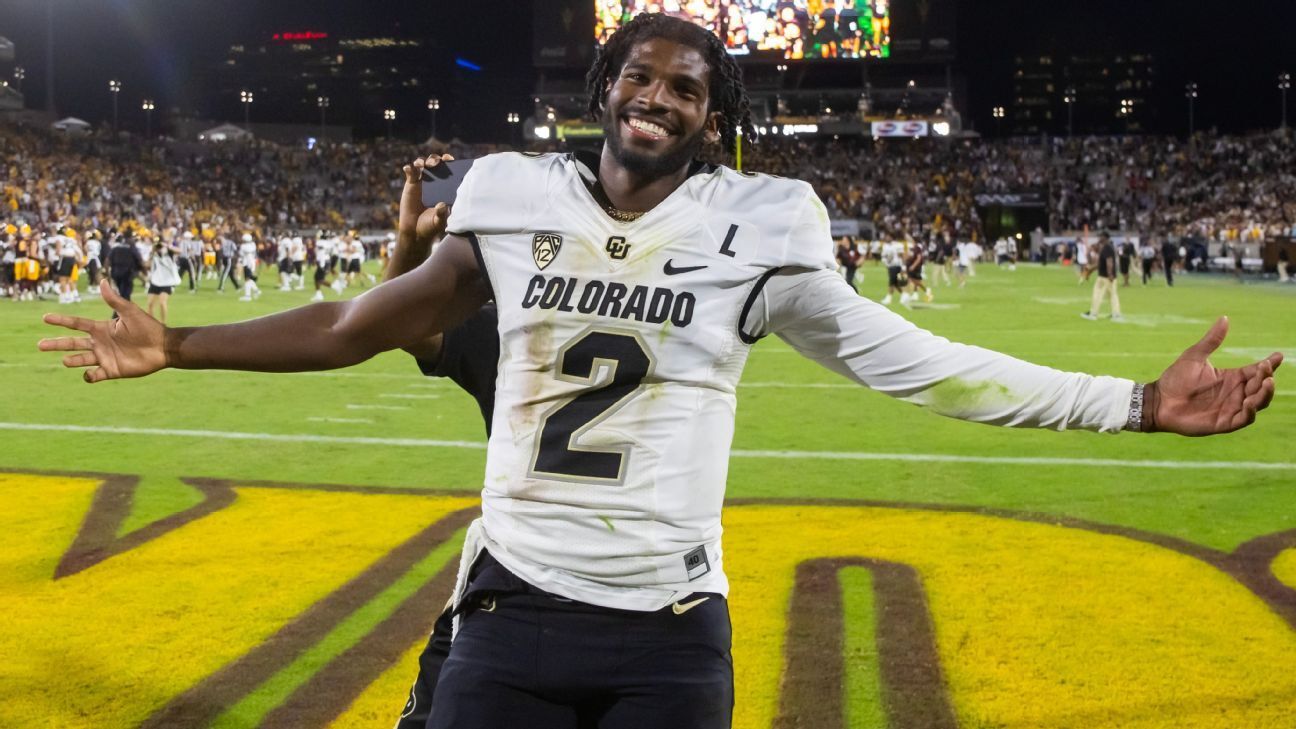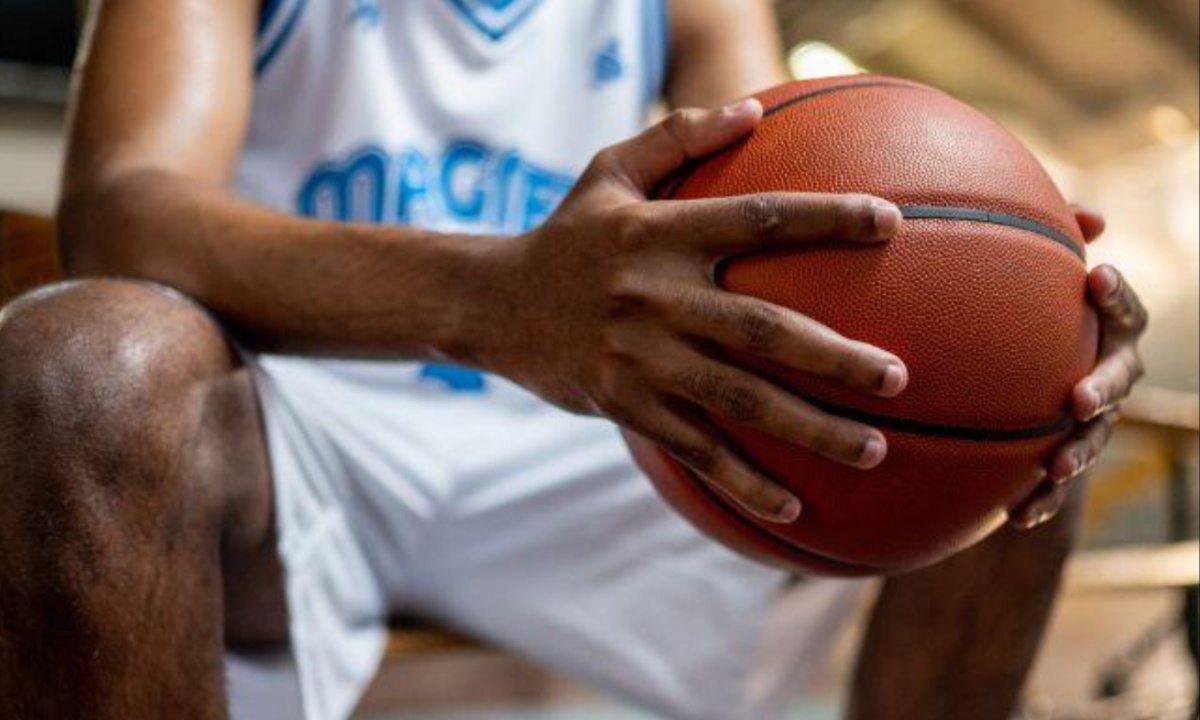In June 2021, the NCAA introduced an interim policy allowing student-athletes to profit from their name, image, and likeness (NIL). This policy brought about a major shift in college athletics, offering athletes the chance to earn money from their personal brand. However, NIL laws vary from state to state, and the regulations can differ depending on whether the athlete is in high school or college. This guide aims to explain the rules for high school athletes and provide valuable insights for parents and students as they explore NIL opportunities.
NIL stands for name, image, and likeness. It refers to the right of an individual to control how their name, image, or likeness is used commercially. For example, if an athlete’s picture is used to promote a product, the athlete can profit from that use under the right of publicity.
The right of publicity protects individuals from unauthorized commercial use of their identity. This has long been a subject of discussion in the context of the NCAA, as critics have argued that student-athletes should be allowed to benefit from their own name, image, and likeness. The introduction of the NIL policy aims to address these concerns.

NCAA’s NIL Rule Overview
The NCAA’s interim policy, implemented in June 2021, allows athletes to engage in NIL activities. There are three main components of the policy:
Compliance with State Laws: Athletes must adhere to the NIL regulations in the state where their school is located.
No State Laws: In states without NIL laws, athletes are still allowed to engage in NIL activities, following NCAA rules.
Professional Services: Athletes can seek professional services (like agents) to manage their NIL deals.
Additionally, athletes must report their NIL activities to their school in accordance with state laws or school policies.
Examples of NIL Activities for Athletes
Student-athletes can engage in a wide variety of activities to monetize their NIL, including:
- Autographs and memorabilia sales
- Hosting camps and clinics
- Personal appearances
- Merchandise sales
- Affiliate marketing and ambassador roles
- Creating and selling NFTs
- Blogging and podcasting
- Public speaking
- Music, art, and other creative works
While NIL presents exciting opportunities for both high school and college athletes, high school student-athletes must face additional complexities. Here are some key points for high school athletes to consider:
State NIL Rules: Each state has its own regulations regarding NIL. What is permitted in one state may not be allowed in another.
High School NIL Rules: Many high school sports associations set their own rules regarding NIL, so it’s essential to understand these rules to avoid violations.
College and Conference NIL Rules: College programs may have specific NIL policies that differ from state laws, and these must also be considered.
Risk Awareness: Ignoring NIL rules may jeopardize an athlete’s eligibility to play college sports. Always make sure to follow the correct procedures.
Focus on School and Sports: Academic performance and athletic skills should remain a priority, as these influence college recruitment and future NIL opportunities.
Seek Guidance: It’s helpful to talk to current college athletes, financial advisors, and NIL professionals to ensure smart decision-making.
Build an Online Presence: Even if NIL activities aren’t allowed in high school, starting to build a personal brand through social media can open doors for future opportunities.
Stay Updated: As NIL laws are continuously evolving, staying informed about changes is crucial.

Sources to Check for NIL Information
To understand your NIL rights, high school athletes should regularly check the following sources:
State Laws: Each state has specific NIL regulations.
State High School Associations: Your state’s high school sports association will have its own guidelines.
National and Sport Governing Bodies: Certain sports have additional NIL guidelines.
Colleges and Conferences: Each school or conference may have its own rules.
State-by-State Overview of NIL Laws
The status of NIL laws varies across the United States. Some states have fully implemented NIL laws, while others are still in the process of considering or amending their regulations. Below is a table summarizing the current status of NIL laws in different states for college athletes:
| State | NIL Law Status |
|---|---|
| Alabama | Repealed / Suspended |
| Arizona | Signed into law |
| California | Signed into law |
| Florida | Signed into law |
| Georgia | Signed into law |
| Illinois | Signed into law |
| Michigan | Signed into law |
| New Jersey | Signed into law |
| Texas | Signed into law; Amended June 2023 |
| Utah | Signed into law |
| Virginia | Signed into law |
| Washington | Legislation proposed |
| Wisconsin | None |
In states with active NIL laws, athletes can earn money while adhering to both state and school rules. In states without NIL laws, colleges create their own NIL guidelines.

High School Associations and NIL Rules
High school athletes face more restrictive rules regarding NIL opportunities. Each state has its own policies, and many high school sports associations limit or prohibit NIL activities. The table below shows the NIL status for high school athletes in various states:
| State | NIL Status for High School | High School Association |
|---|---|---|
| Alabama | Prohibited | Alabama High School Athletic Association (AHSAA) |
| Alaska | Permitted | Alaska School Activities Association (ASAA) |
| Arizona | Permitted | Arizona Interscholastic Association |
| California | Permitted | California Interscholastic Federation |
| Florida | Permitted | Florida High School Athletic Association |
| Georgia | Permitted | Georgia High School Association (GHSA) |
| Hawaii | Prohibited | Hawaii High School Athletic Association (HHSAA) |
| Michigan | Prohibited | Michigan High School Athletic Association (MHSAA) |
| Ohio | Prohibited | Ohio High School Athletic Association (OHSAA) |
| Texas | Permitted (18&up) | Texas University Interscholastic League (UIL) |
In some states, NIL activities for high school athletes are under consideration or may be prohibited entirely. Athletes should consult their high school association for guidance on what is permissible in their region.
Colleges and universities can establish their own NIL rules. Some schools have partnered with third-party platforms to manage NIL contracts and ensure compliance. These platforms help review and approve NIL deals, providing structure and transparency.
Additionally, national governing bodies for specific sports may set guidelines for athletes to maintain amateur status. For example, the United States Golf Association (USGA) has developed its own NIL guidelines for amateur golfers.
Talking to College Coaches About NIL
High school athletes should inquire about NIL rules when engaging with college coaches. Here are some essential questions to ask:
- What are the NIL rules enforced by your school and conference?
- How can NIL opportunities benefit me if I attend your institution?
- What platforms are currently being used to manage NIL contracts?
- How are other student-athletes at your school monetizing their NIL?
Helping Athletes Monetize Their NIL
There are various companies and platforms available to help student-athletes secure NIL deals. These platforms connect athletes with brands, manage contracts, and offer resources to help athletes make informed decisions. Athletes should explore these resources to maximize their NIL potential.
The NIL rules are changing quickly, particularly for high school athletes. It’s essential for students and their families to understand the regulations in their state and high school sports association, as well as the broader college and NCAA guidelines. By staying informed, building an online presence, and seeking proper guidance, high school athletes can position themselves for future NIL opportunities while ensuring they remain eligible for college sports.
